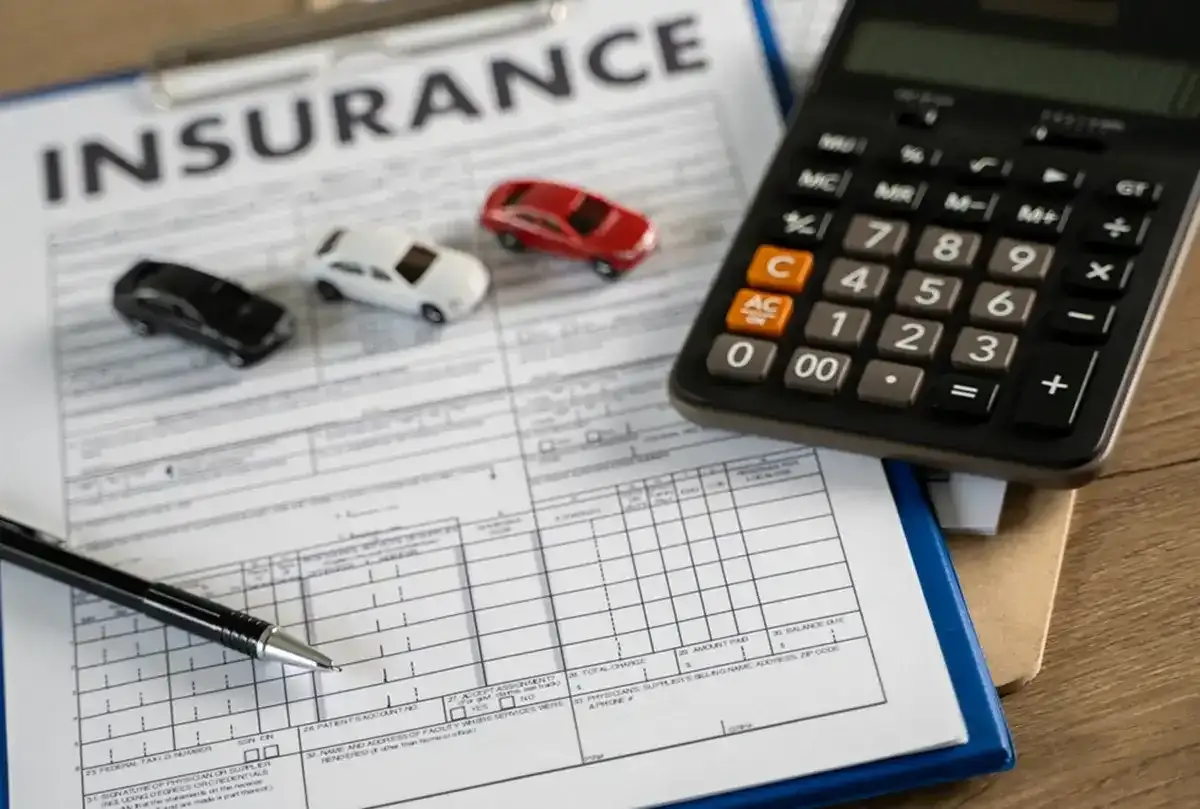
Credit Scores and Auto Insurance Rates: What Drivers Should Know

The Insuraroo
May 19, 2021

If you’re looking for affordable insurance, great credit can help. Insurance providers look at as much information as they can when setting prices. Driver statistics allow them to set premiums more effectively, and credit scores are part of that math.
Regardless of your credit history, you may be able to save on insurance. Insuraroo’s tools allow drivers to securely compare policies from major providers in seconds — that means big savings without cutting your coverage.
Credit Scores and Auto Insurance: The Basics.
Your credit score is a three-digit number based on your credit report. A higher number typically means lower interest rates when you take out a loan
Score ranges
-
Under 580 - Poor
-
580-669 - Fair
-
670 - 739 - Good
-
740-799 - Very Good
-
800+ - Exceptional
So, why does your credit affect your auto insurance?

In 2007, the Federal Trade Commission published a study showing that credit scores are “effective predictors of risk.” In other words, people with higher FICO scores are less likely to report an insurance claim.
That’s not necessarily true for every driver, of course. However, car insurance companies use as many predictors as possible when setting rates.
Does every car insurance company use credit scores when setting premiums?
Several states prevent insurance companies from using credit scores to set premiums: California, Massachusetts, and Hawaii. Other states restrict the ways that insurers can use that info. However, if you’re not in one of those three states, your credit score will probably affect your auto insurance rate.
But it doesn’t matter as much as your driving history. If you’ve racked up a few accidents and traffic tickets, a great credit score won’t get you rock-bottom premiums — and if you’re a safe driver with poor credit, you’ll still be able to find decent rates.
Insurers also consider age, gender, driving habits, address, and vehicle make & model. Some insurance companies give more weight to certain criteria, and they use different methods when setting their prices.
Finding Affordable Auto Insurance with Bad Credit or No Credit

So, how can drivers with poor credit keep their insurance premiums as low as possible? One tactic is to take steps to improve your credit score before shopping for insurance.
Potential ways to boost your FICO score:
-
Avoid taking out loans (including car loans) in the weeks before shopping for insurance
-
Pay down credit cards and other debts
-
Pay your bills on time
-
File a dispute for any inaccurate bad marks on your credit history
-
Avoid closing unused credit cards
Of course, you might not have much control over your FICO score, especially if you’ve filed for bankruptcy or you haven’t established much of a credit history.
The good news: While your credit can affect your rates, you can still find ways to cut your costs. Comparing insurance premiums can help you lock in low premiums without sacrificing your coverage.
Even if you have poor credit, you can keep your premiums in check
Insuraroo makes auto insurance comparisons easier. We’re committed to data security, and our tools let you compare policies quickly, accurately, and safely.
By checking your rates, you’ll be able to find the affordable financial protection you need in seconds — and keep costs low while staying financially protected.
Sources
- https://www.ftc.gov/reports/credit-based-insurance-scores-impacts-consumers-automobile-insurance-report-congress-federal
- https://www.experian.com/blogs/ask-experian/which-states-prohibit-or-restrict-the-use-of-credit-based-insurance-scores/
- https://www.iii.org/article/what-determines-price-my-auto-insurance-policy